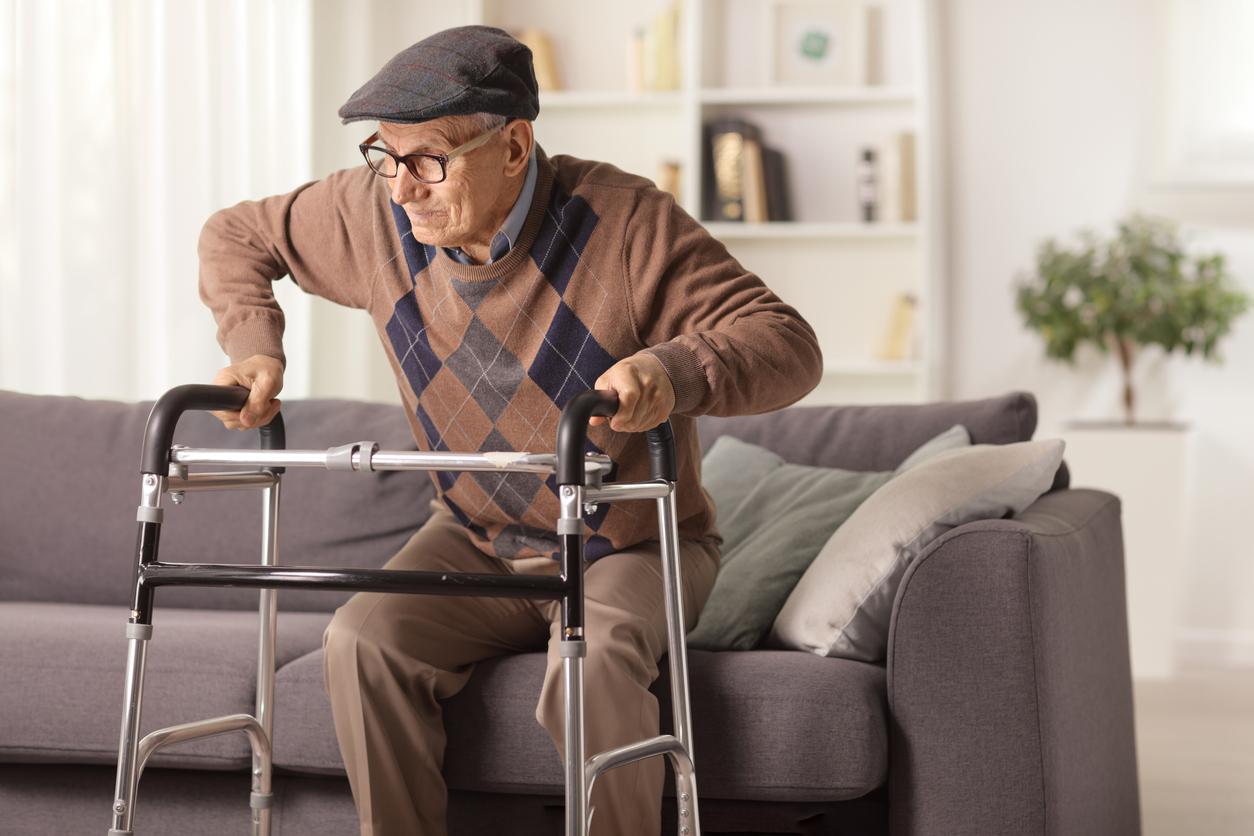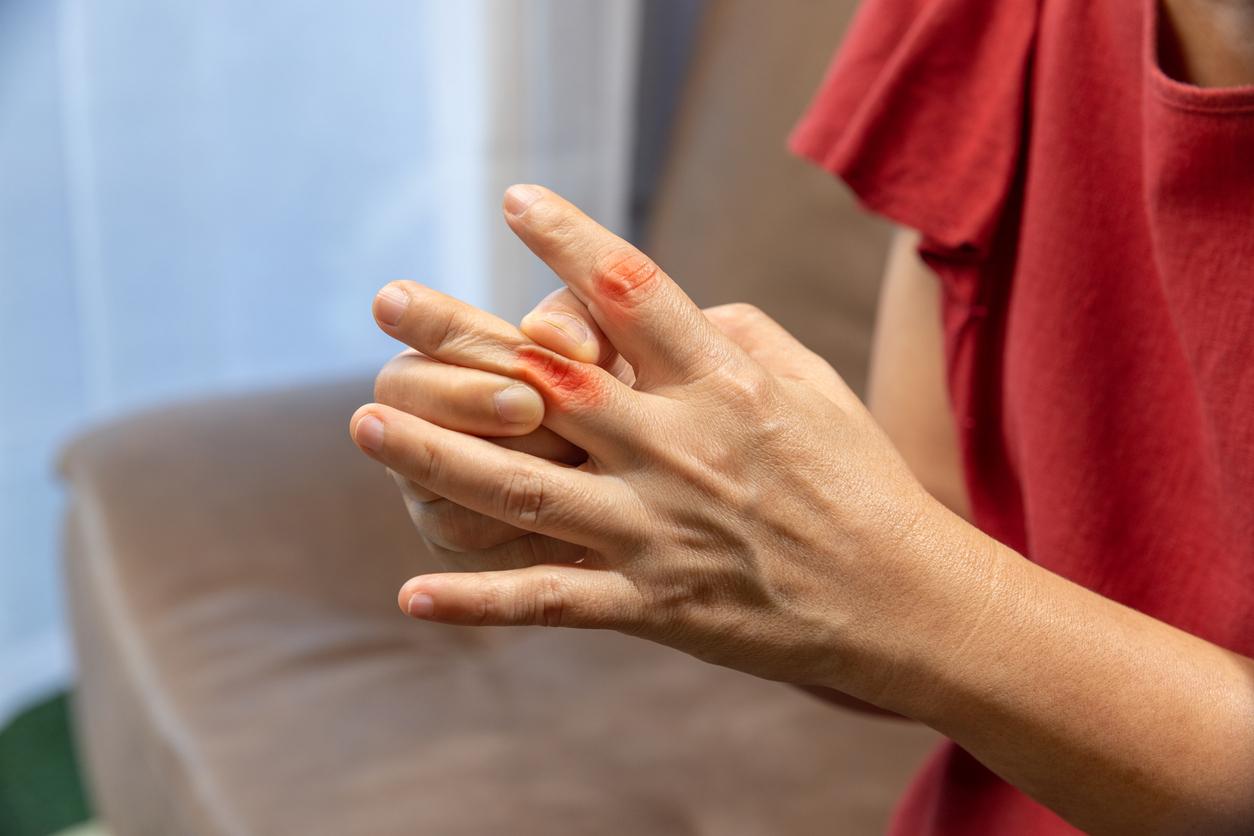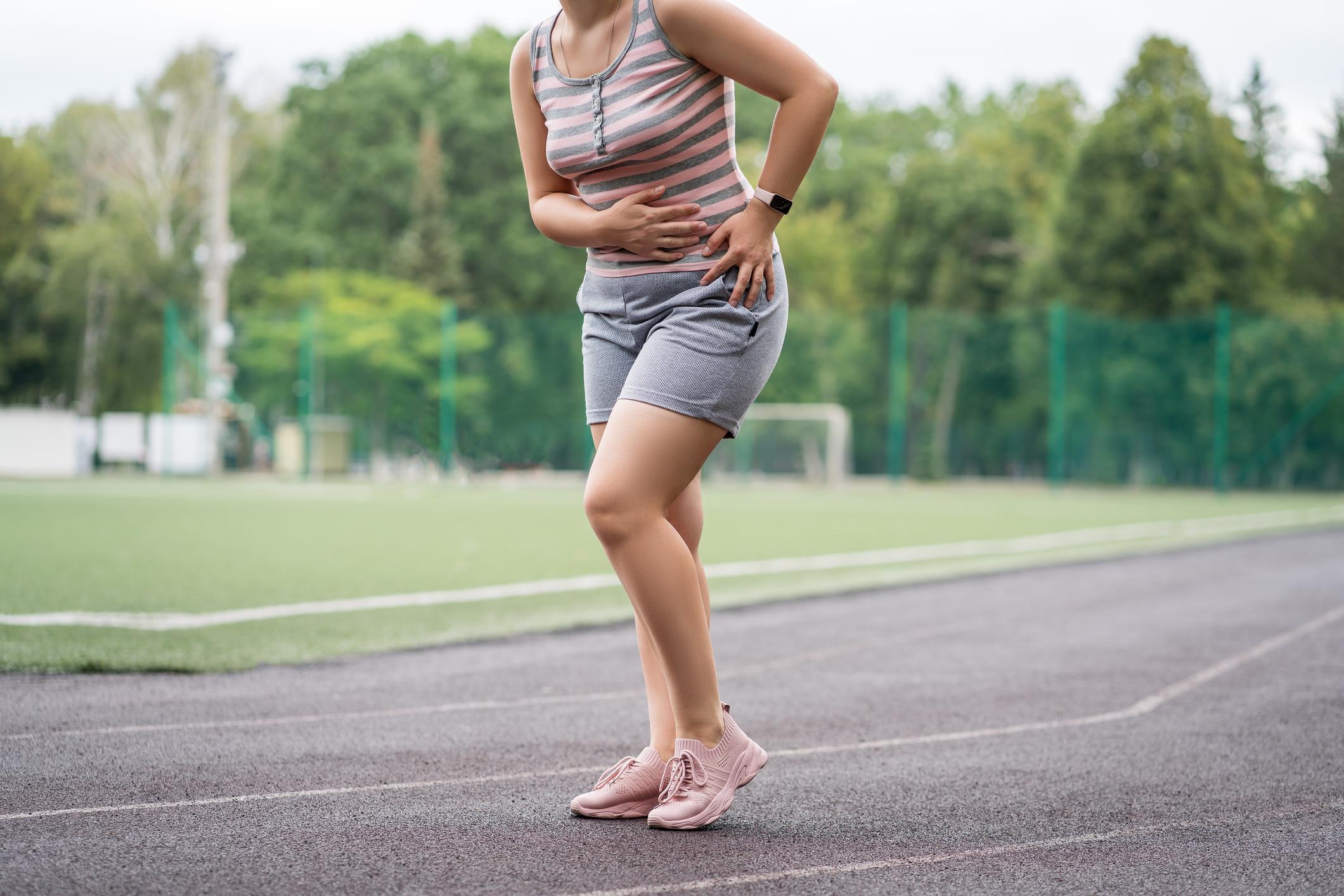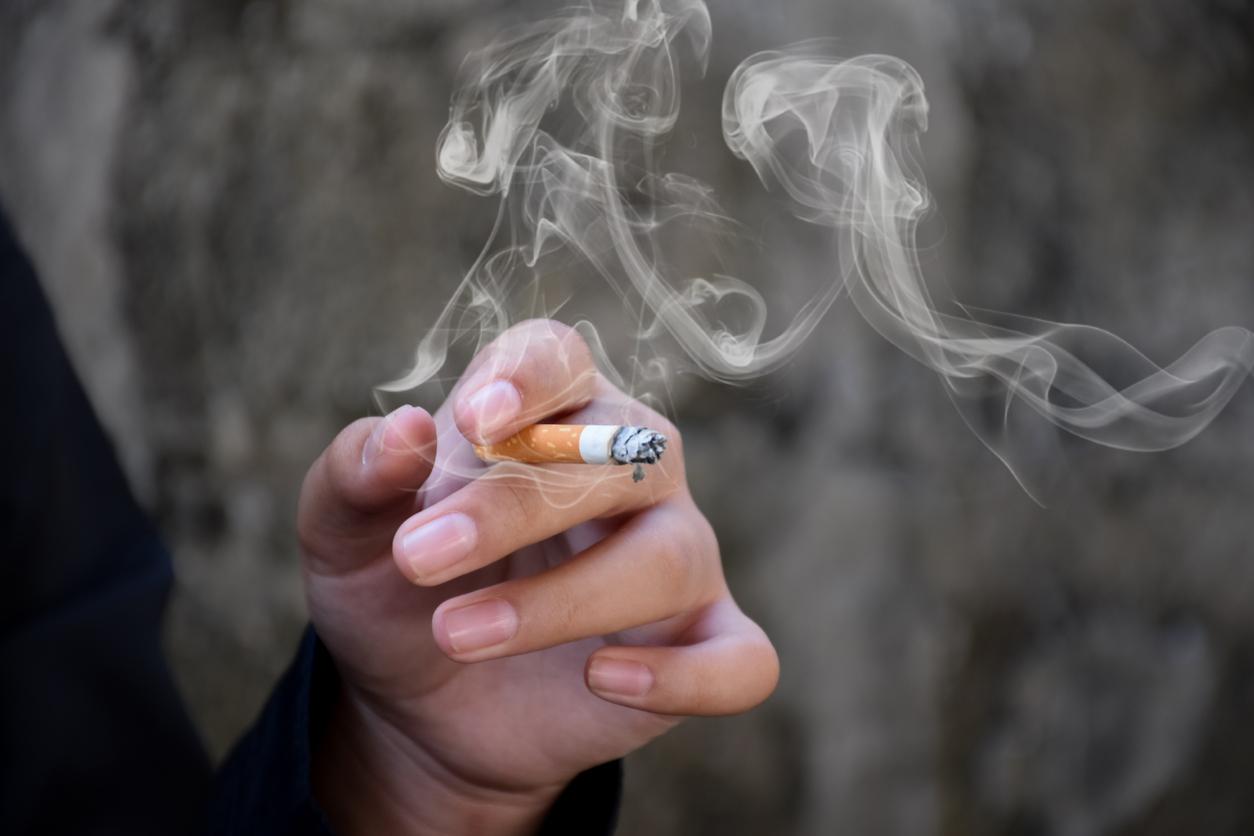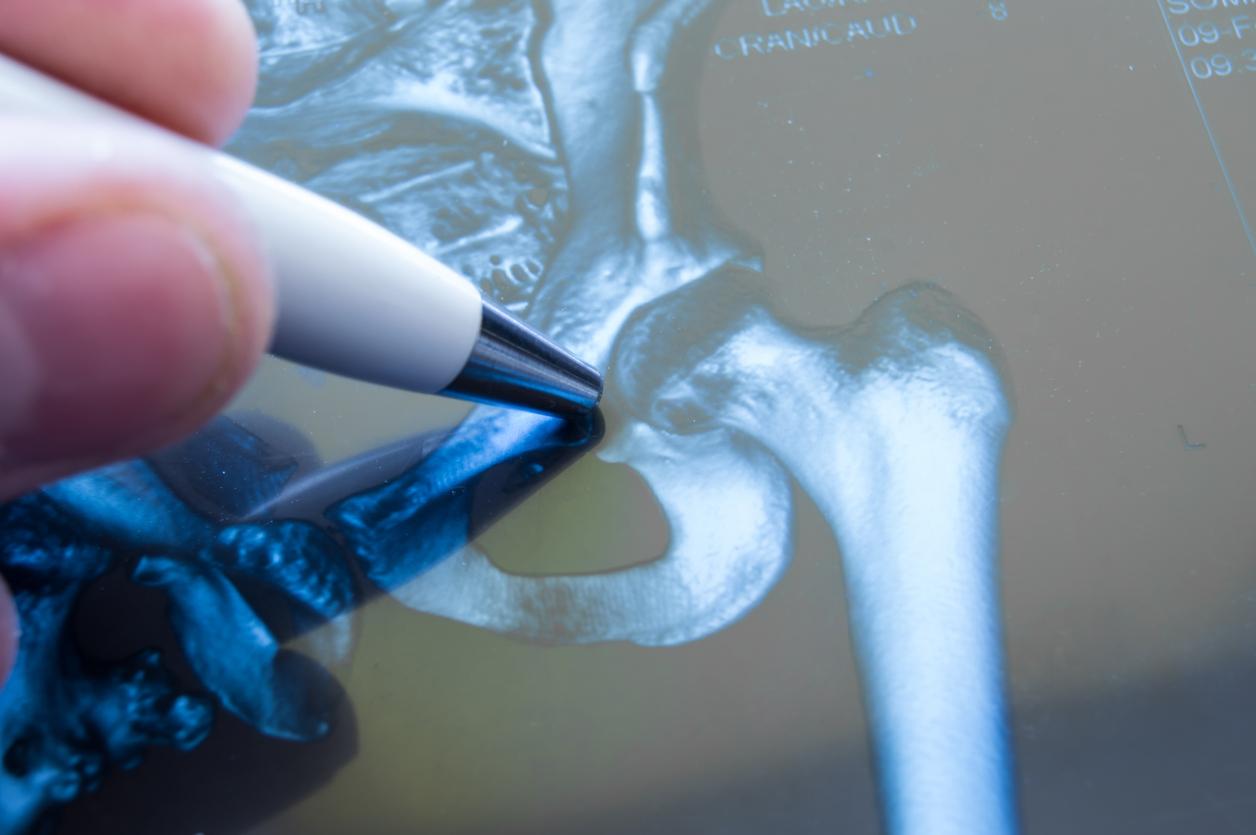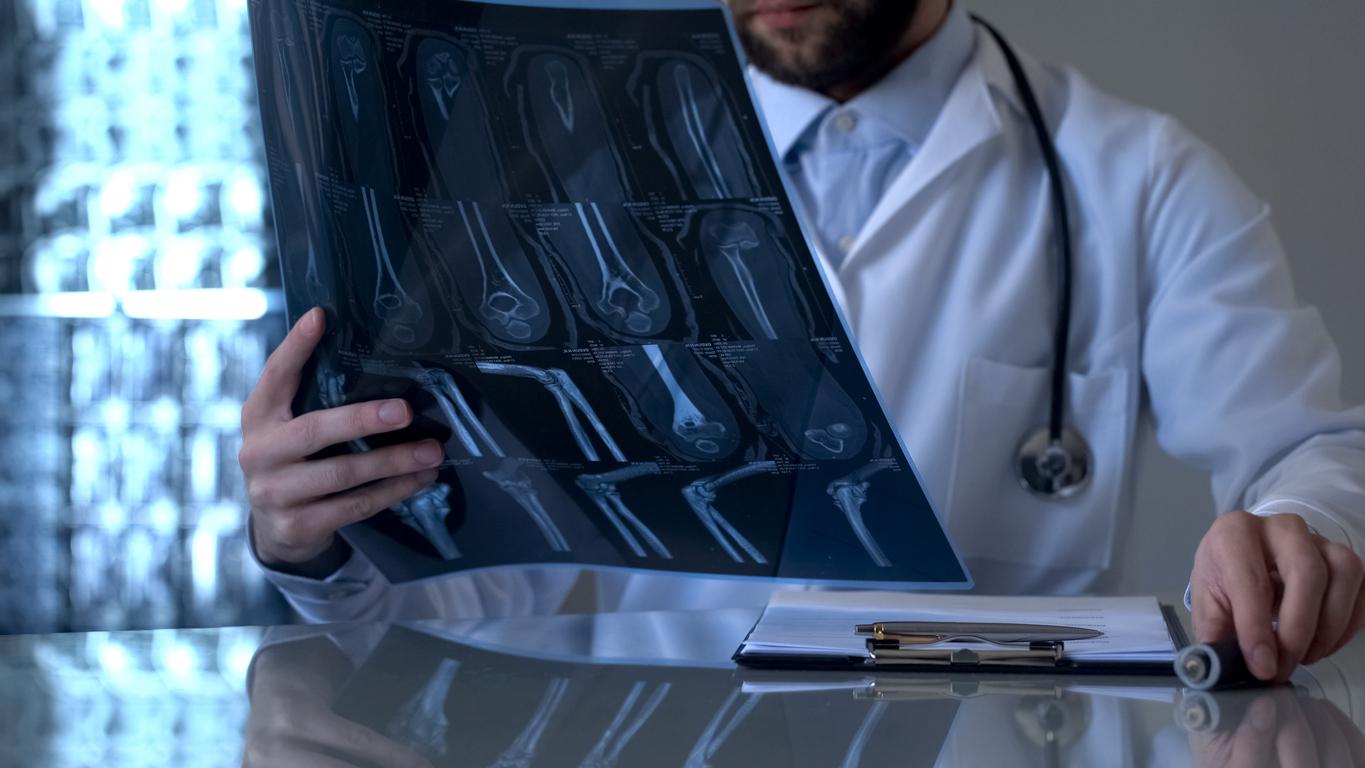Psychosocial stress would increase the risk of fracture due to the degradation of bone density.

Postmenopausal women are particularly affected by osteoporosis: the older they get, the greater the risk. 70% of women over 80 are affected. According to a new study, the quality of social life would have an impact on the risk of suffering from osteoporosis.
The more social pressure, the greater the bone loss
In this study published in the British Medical Journal, the researchers studied the profiles of more than 11,000 women over the age of 50: all of them answered a questionnaire concerning psychosocial stress. Three criteria were mainly studied by the researchers: social pressure, linked for them to poor quality relationships, social support, which on the contrary is linked to good quality relationships and social functioning, which determines the level of social activity.
According to their findings, social pressure is the factor that most influences bone health. The greater this stress, the greater the bone loss in the hips. The research team developed a point scale to determine the level of social pressure: the higher the number of points, the stronger the social pressure. They found that with each additional point, bone loss increased: for the femur, for example, each point was equivalent to 0.082% additional bone loss. In parallel, a low level of social activity was associated with more bone loss, particularly in the femur and hip.
A risk of fracture
“Psychosocial stress increases the risk of fracture due to the deterioration of bone density, the researchers point out. This degrades the structure of the bones.” For people with osteoporosis, some fractures are more common than others, including those of the wrist, hip and vertebrae. After 50 years, one in 4 French people would be affected by osteoporosis compared to one in 8 French people.

.









